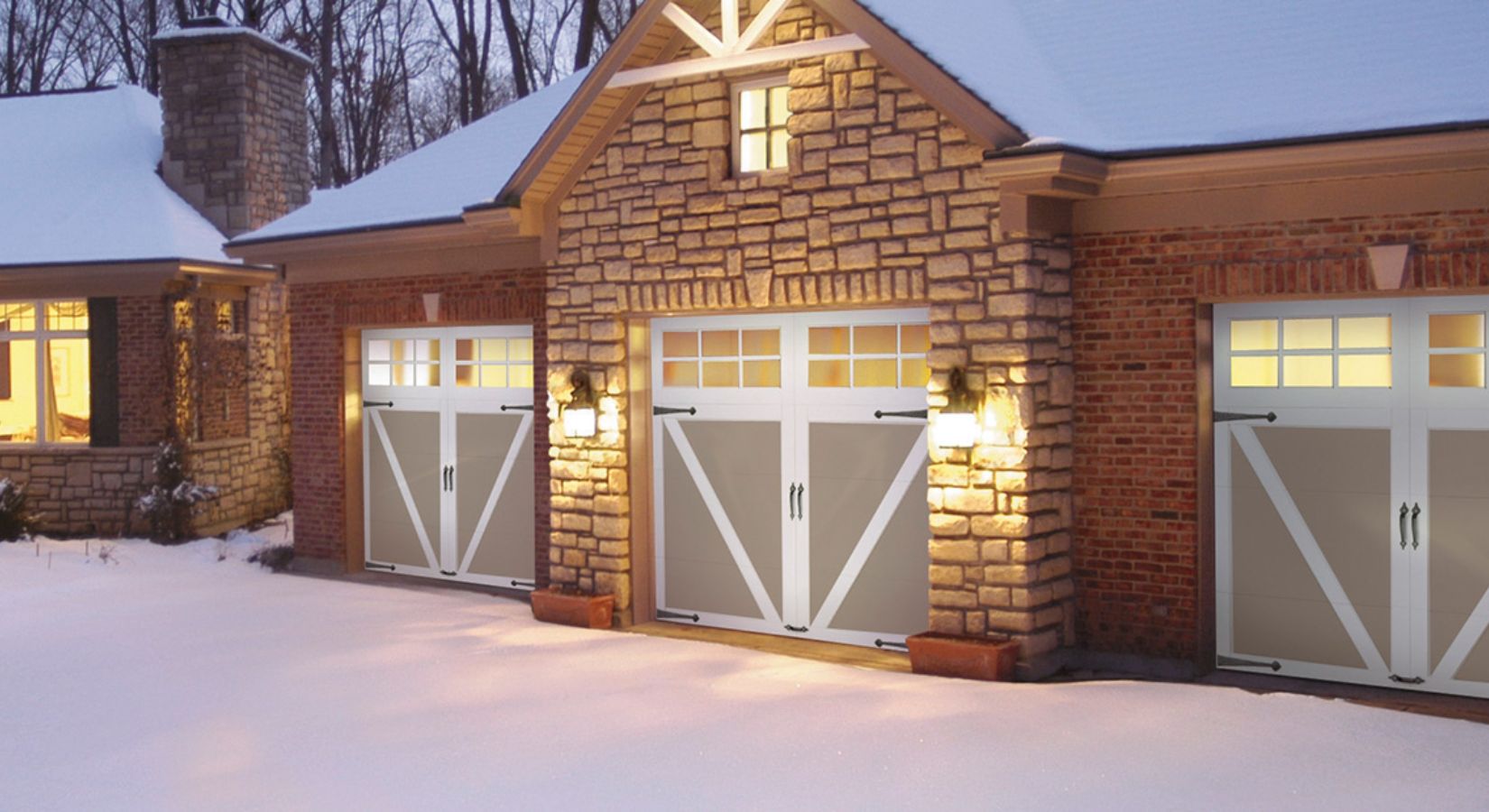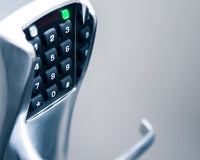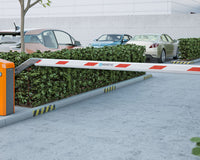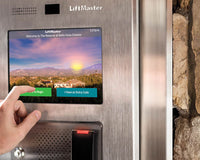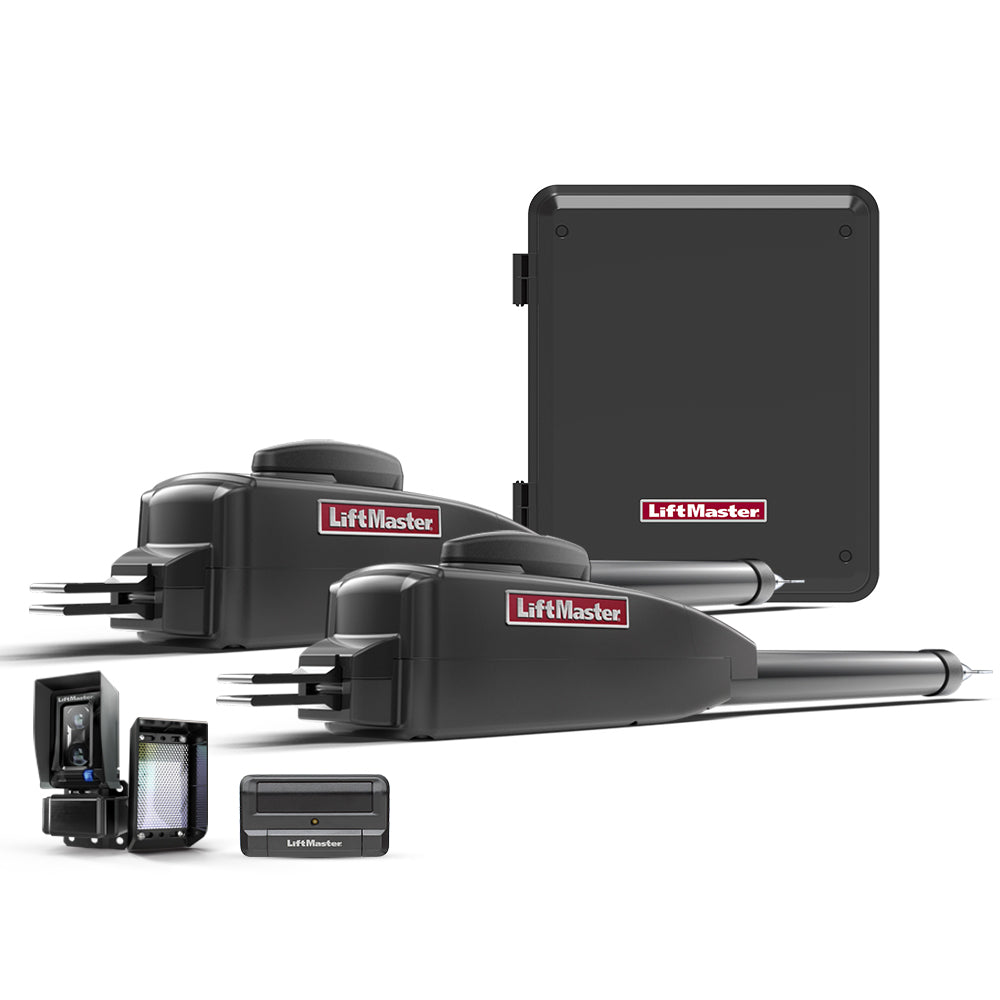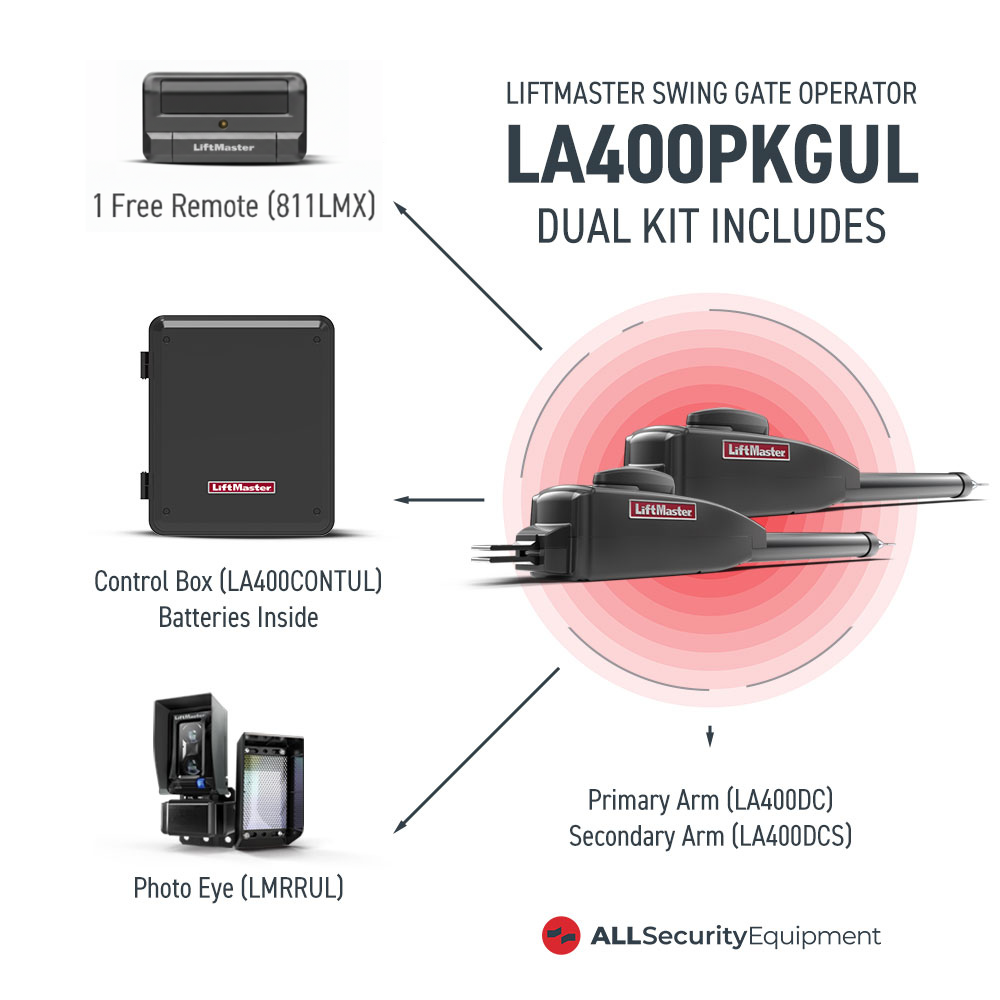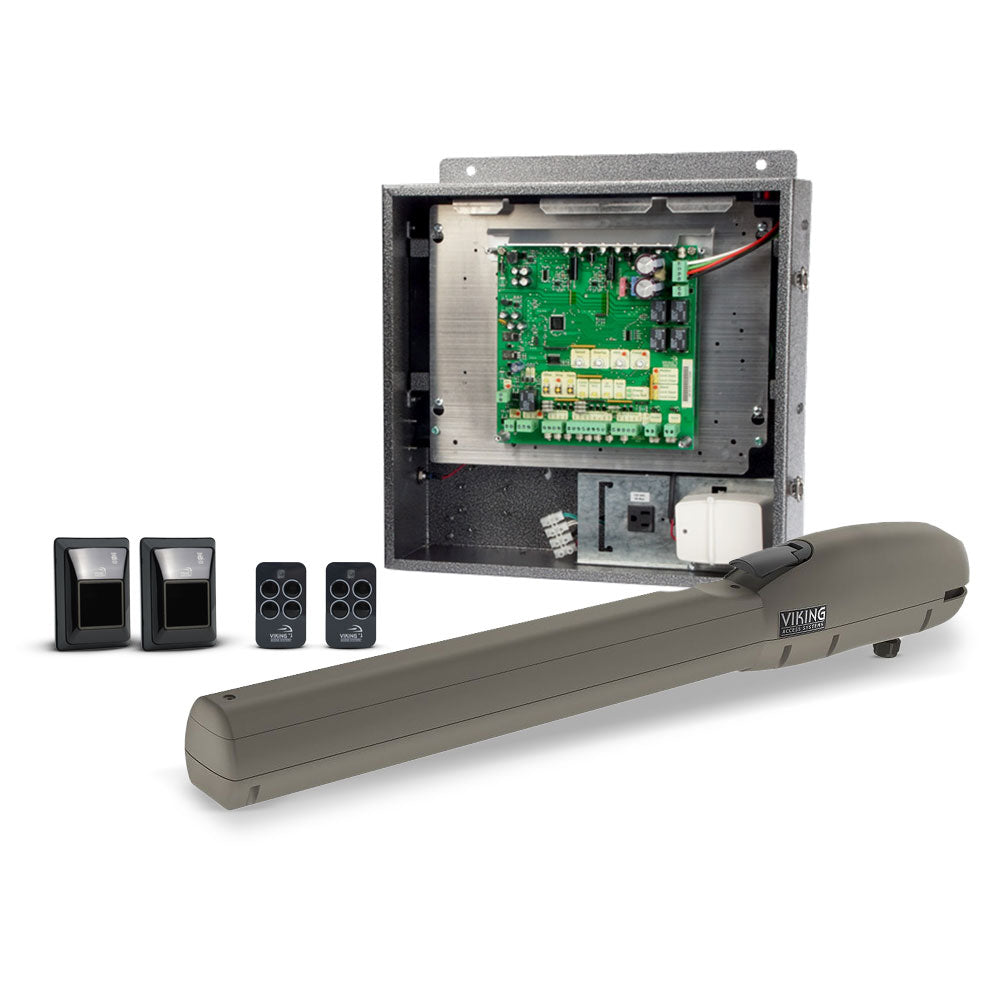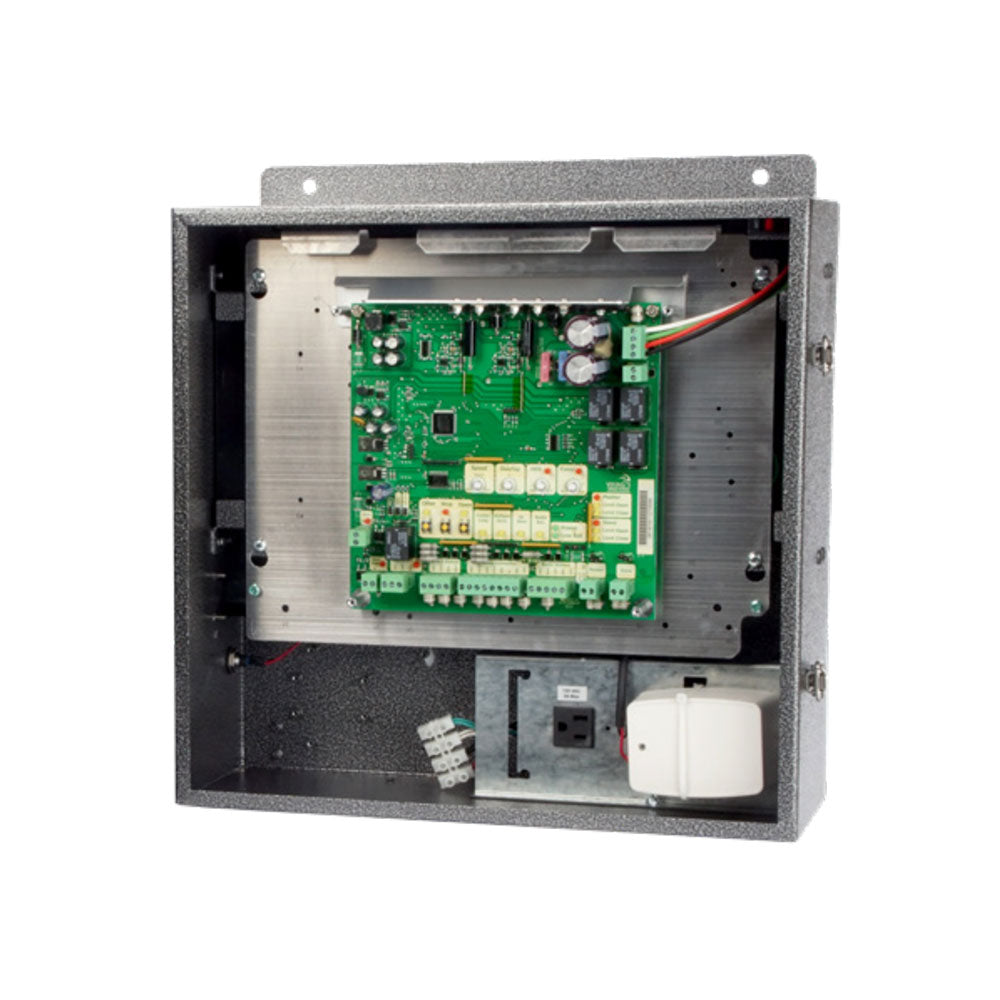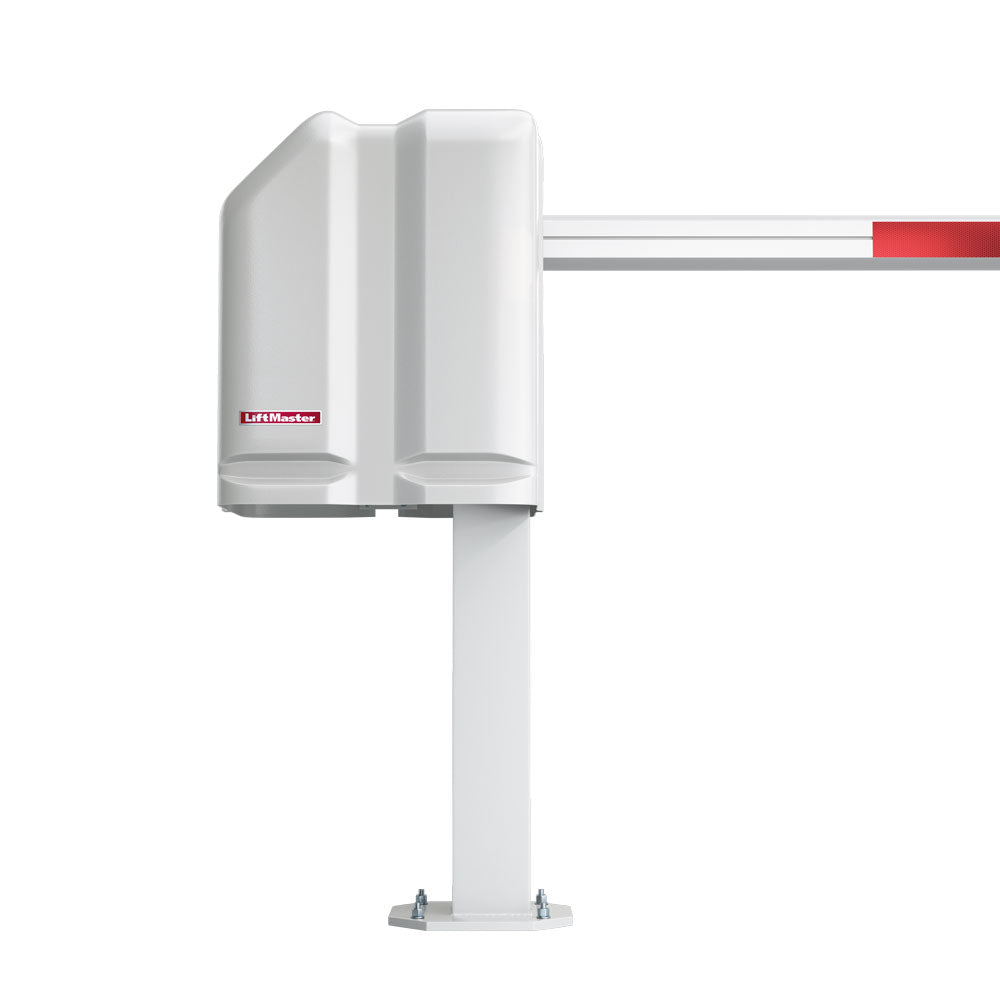Winter and Your Automated Garage Door Opener
An automated garage door opener is a modern convenience that offers unparalleled security and ease of access to your garage. Automatic openers come with a wide range of power levels designed to efficiently operate different weights of garage doors and can be integrated with mobile applications for enhanced convenience and control, making them perfect for either residencies or places of business.
As a property owner or manager, you may rely on this device to protect your valuable belongings and ensure smooth entry and exit of your vehicles. The industry has reached the peak of design and reliability when it comes to Automated Garage Door Openers with lines of products and brands such as Genie and LiftMaster. Now more than ever your garage entryway can be efficient and safe.

That being said, as winter approaches, temperatures plummet and snowstorms become a common occurrence in many regions, drastically changing the exterior environments in which this harsh winter weather can pose significant threats to the functionality of your garage door opener.
The elements can wreak havoc on your garage door systems. In severe cases, these adverse conditions can lead to complete breakdowns, leaving your garage vulnerable.
Hence, to safeguard your garage door opener and ensure its optimal performance throughout the winter, avoiding security risks and potential accidents, it’s imperative to implement preventive measures and take proactive steps.
In today’s All Security Equipment blog post we will be teaching just how you can minimize the risk of malfunctions and costly repairs. Part of our series covering how to protect your security perimeter during winter; we’re going to cover the specific reasons you should prepare your garage door, the typical problems you can spot in that can be caused by the weather, and then delve into essential tips and techniques to protect your automated garage door opener from the harsh winter weather.
Three Advantages of Preparing Your Garage Door for Winter

While you may be focused on other winter holiday tasks like insulating your home, stocking up on firewood, or even just christmas shopping - don’t overlook the importance of winterizing your garage door.
-
Prolong the Lifespan of Your Garage Door: Regular maintenance is key to maximizing the lifespan of your garage door. Preventative care can help you avoid costly repairs and replacements down the line.
-
Enhance Your Home’s Energy Efficiency: A well-insulated garage door can help maintain a consistent temperature in your home. By preventing cold air from seeping into your garage and then into your living spaces, you can reduce energy consumption and lower your heating bills.
-
Safeguard Your Pipes and Belongings: Many homes have water pipes running through the garage. In extremely cold weather, these pipes can freeze and burst, causing significant water damage to your garage and belongings. By keeping your garage warm, you can protect your pipes and prevent costly water damage.
Frightful Weather - Automated Garage Door Problems To Look Out For During Winter

Winter can bring a host of challenges for your garage door. From frozen tracks to malfunctioning openers, cold weather can wreak havoc on your automated garage door system and it’s crucial that you be able to identify exactly when and where these problems are taking root so as to act accordingly.
Frozen Tracks and Sensors:-
Sticking Door: Freezing temperatures can cause the metal components of your garage door to contract, making it difficult for the door to move smoothly along its tracks.
-
Malfunctioning Sensors: Cold weather can affect the sensitivity of your garage door’s sensors, causing them to malfunction or become unreliable. This can prevent the door from opening or closing correctly.
-
Ice Buildup: Ice and snow can accumulate on the bottom of your garage door, preventing it from closing completely.
-
Lubricant Issues: Cold weather can cause lubricants to thicken, leading to squeaking and creaking noises as the garage door moves.
-
Misaligned Tracks: Freezing temperatures can cause the metal tracks to shift slightly, resulting in noisy operation.
-
Motor Strain: Cold weather can strain the motor of your garage door opener, making it difficult to lift the heavy door.
-
Sensor Interference: Ice and snow can interfere with the photo-eye sensors, preventing the door from closing.
-
Electrical Issues: Extreme cold can damage electrical components, leading to opener malfunctions.
6 Steps to Winterize Your Garage Door Opener

As we suggested, thorough, thoughtful and proactive steps should be taken to properly protect your automated garage door opener and by extension your garage and property from the elements. Here are the five essential steps you can take for such an endeavor.
Thorough Inspection: A Visual and Auditory Check
A comprehensive inspection is the cornerstone of winterizing your garage door. Selecting the right garage door opener brand is crucial to ensure optimal performance and compatibility with different types of garage doors. Start by carefully examining the door and its tracks. As you watch the door move up and down, listen for any unusual noises, such as squeaking, grinding, or rattling. These sounds may indicate worn-out rollers, misaligned tracks, or other underlying issues. Additionally, pay close attention to the door’s movements. If you notice any hesitation, binding, or unevenness, it’s time to address the problem before it worsens.
Inspecting the Garage Door Opener and Safety Sensors:
Your garage door opener is a vital component of your system. A wireless exterior keypad offers convenience and functionality, allowing for easy access and control. Inspect it for any signs of damage, such as cracked housings or frayed wires. Ensure that the safety sensors, located near the bottom of the door, are clean and unobstructed. These sensors use infrared beams to detect objects in the path of the closing door, preventing accidents. Clean the sensors with a soft cloth to remove any dirt or debris that may interfere with their operation.
Weatherstripping: A Critical Seal
Weatherstripping is essential for maintaining a warm and energy-efficient garage. Additionally, smart features in garage door openers are becoming increasingly important, offering compatibility with smart-home systems and enhanced control via smartphone apps. Check the rubber seals around the perimeter of the door for any signs of wear, tear, or damage. If you find any gaps or missing sections, replace the weatherstripping immediately. Worn-out weatherstripping can allow cold air to seep into your garage, increasing your heating costs and potentially damaging your belongings.
Lubrication: The Key to Smooth Operation
Proper lubrication is crucial for the smooth operation of your garage door. Having two remote controls enhances convenience and functionality, especially for multi-car households or those needing access from different locations. Use a high-quality, silicone-based lubricant to lubricate the moving parts, such as hinges, rollers, and springs. Avoid using petroleum-based lubricants, as they can attract dirt and grime. When lubricating the rollers, apply the lubricant to the bearings, not the wheels. Over-lubrication can attract dirt and debris, leading to premature wear.
Insulation: Keeping the Cold Out
Insulating your garage door can significantly improve its energy efficiency and protect your belongings from cold temperatures and moisture. If your garage door isn’t already insulated, consider adding insulation panels to the interior of the door. This will help to maintain a consistent temperature in your garage, reducing energy costs and protecting your stored items.
Clear Snow and Ice:
Regularly clear snow and ice from your garage door, tracks, and sensors. Accumulated snow and ice can prevent the door from opening and closing properly, and can damage the weatherstripping and other components. Use a soft brush or broom to remove snow gently, and avoid using sharp tools that could scratch the surface of the door.
Let It Snow - Your Garage Door Opener is Safe
By following these essential tips, you can ensure that your garage door operates smoothly and efficiently throughout the cold winter months. These simple steps will help prevent common winter-related problems, such as frozen tracks, malfunctioning sensors, and damaged components. By investing a little time and effort in winterizing your garage door, you can enjoy the coming holidays knowing that your garage is protected from the harsher elements.
If you have any questions or concerns about winterizing your garage door, don’t hesitate to contact the All Security Equipment Customer Service Team. Our knowledgeable experts are available to provide guidance and support. We’re committed to helping you keep your home safe and secure, year-round!

